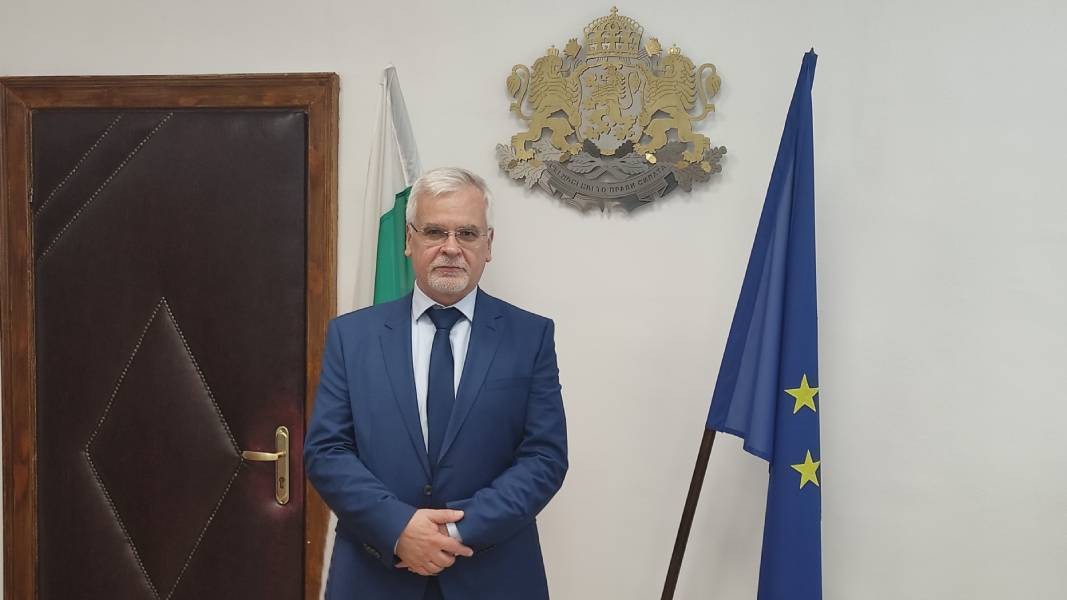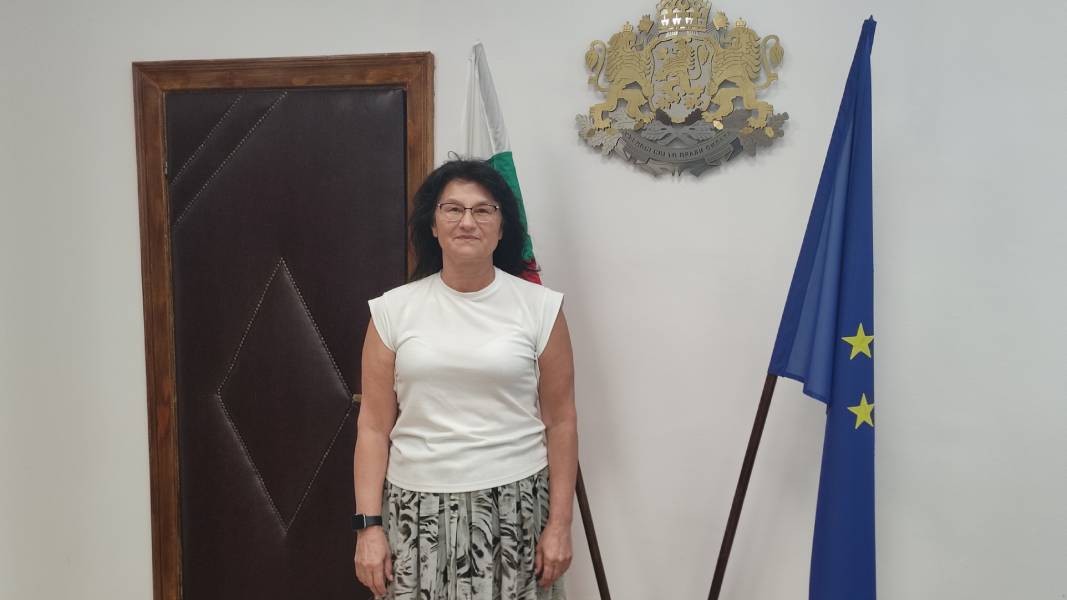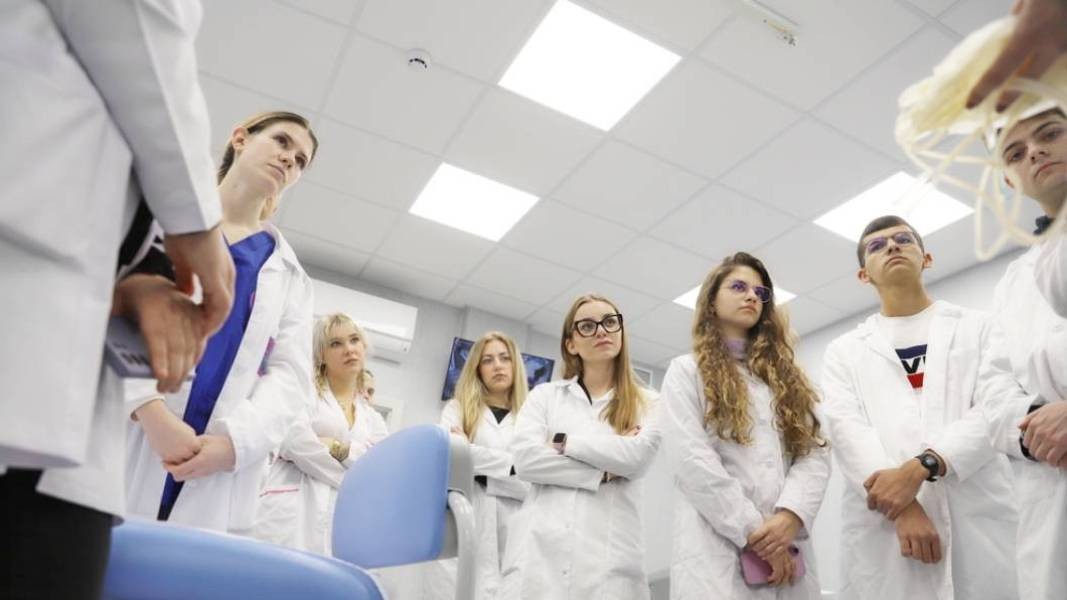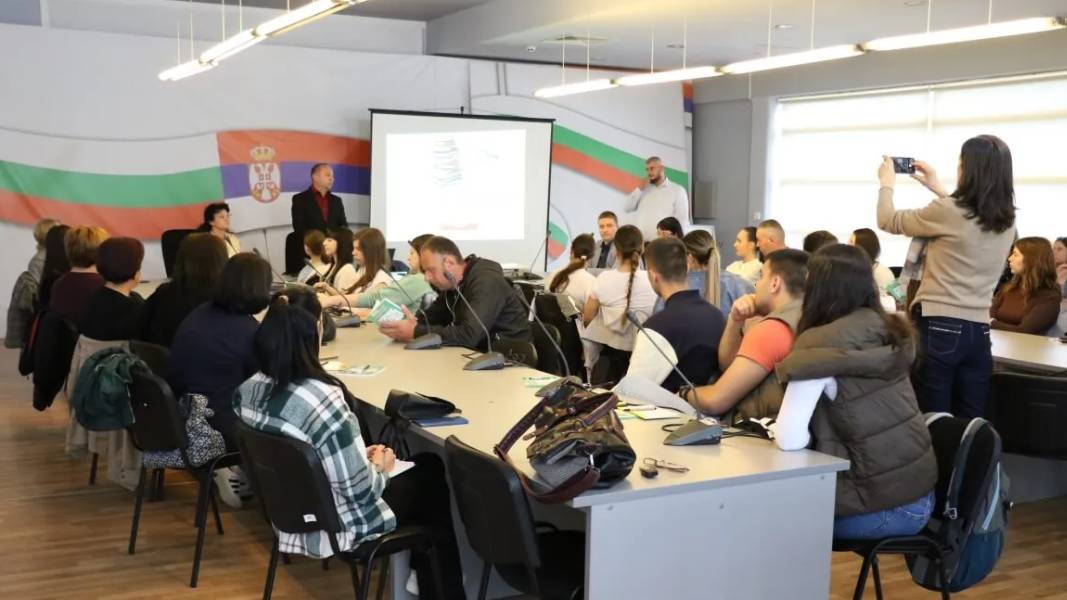Young people of Bulgarian descent living abroad continue to show sustained interest in enrolling at Bulgarian universities under Decree No. 103 of the Council of Ministers, issued in 1993. The decree provides preferential conditions for our compatriots from the diaspora who do not have Bulgarian citizenship.
For the upcoming academic year, the largest numbers of enrolled students come from Ukraine, Moldova, North Macedonia and Serbia, says Academician Nikolay Vitanov, Deputy Minister of Education and Science, in an interview with Radio Bulgaria.

"Currently, the Ministry of Education and Science provides 2,000 places for education in Bulgarian state universities for Bulgarians living abroad – Academician Vitanov said. – Of these, 40 places are designated for doctoral programs. There are also 240 places available for postgraduate qualification. The Bulgarian state additionally supports these students and trainees with a scholarship of 240 leva (approximately EUR 123) for students and 1,227 leva (approximately EUR 627) for PhD candidates and postgraduate persons. Students from seven countries – North Macedonia, Serbia, Albania, Kosovo, Kazakhstan, Ukraine and Moldova – are granted certain privileges. They are exempt from tuition fees, have access to state-subsidized dormitories and student canteens, have mandatory health insurance and attend a compulsory Bulgarian language course free of charge", said Nikolay Vitanov.

Analyses show that interest in studying in Bulgaria under Decree No. 103 has remained consistent over the years, with annual admissions ranging from 800 to over 1,000 new students.
For the upcoming academic year, the highest number of enrolled students from the Bulgarian diaspora come from Ukraine (847 students), Moldova (410), North Macedonia (254) and Serbia (160). The first three countries have seen a significant rise in the number of applicants to Bulgarian universities, while the number of students from Serbia has decreased by 14 compared to the previous year.

"The greatest interest is in disciplines such as Medicine, Dental Medicine and Pharmacy– explained Rositsa Koleva, Head of Coordination and Control Department of the Higher Education Directorate at the Ministry of Education and Science, in an interview with Radio Bulgaria. – In addition to the mandatory exams in Bulgarian language and literature and Bulgarian history, these applicants also take a specialized exam in biology and chemistry, which is conducted on the Ministry of Education’s online platform. There is also interest in "Architecture", "Building and Construction" and "Law". Economic programs such as "Business Administration", "Economics of Tourism", "Business Economics and Management" and "Marketing" are also very popular'', Rositsa Koleva went on to say.

Given the professional orientation of the students, the medical universities in Sofia, Varna, Pleven and Plovdiv have the highest number of enrolled students. Other preferred higher education institutions include Sofia University ''St. Kliment Ohridski'', the University of National and World Economy (UNWE), the University of Economics – Varna, the Technical University of Sofia and the Technical University-Varna. The University of Plovdiv ''Paisii Hilendarski'', St. St. Cyril and Methodius University of Veliko Tarnovo and the South-West University ''Neofit Rilski'' in Blagoevgrad also have students from the Bulgarian diaspora.

The application process for those wishing to study in Bulgaria takes place online via the Ministry of Education’s platform https://eskis.mon.bg. The Ministry of Education and Science is actively working to increase interest in Bulgarian higher education institutions through regular meetings and informational campaigns among Bulgarian communities abroad. Active collaboration is maintained with the principals of Bulgarian Sunday schools. Strong inter-institutional cooperation is maintained with Bulgarian consulates in these countries. There is also active collaboration with the Executive Agency for Bulgarians Abroad.
Published and translated by Kostadin AtanasovToday, 24 October, a new Bulgarian school in Spain – in the town of Fraga in the autonomous community of Aragon - is opening doors for the start of the school year. The new school is a branch of the Seven Apostles – the only Bulgarian school in the..
The Bulgarian National Radio hosted the annual Public Broadcasters International (PBI) Conference for the first time. Heads and representatives of public radio and television stations from 24 countries participated, including UK, France, Spain, the USA,..
Long-distance sailing captain Svetlozar Tenev has set off from the port city of Varna on Bulgaria's northern Black Sea coast on a circumnavigation of the world . His route will begin in Las Palmas (Canary Islands , Spain), where the man will..
Fertility Europe , the pan-European organization that represents patient associations focused on infertility issues, has announced the start of the 9..
On November 8 in Hall 11 of the National Palace of Culture, Bulgaria’s best masters and artisans will be awarded for the third time. The founder and..
The so-called Seal of Biliteracy was created in 2011 in the US state of California with the idea that in the conditions of a globalized..

+359 2 9336 661
